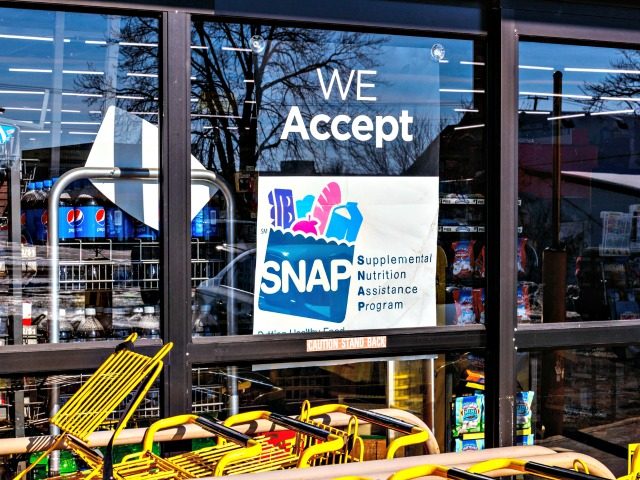Amid conversations surrounding federal nutrition assistance lies an unpopular, unreported, and very real issue: improper payments.
On July 6, 2020, the United States Department of Agriculture’s (USDA) Food and Nutrition Service (FNS) announced the fiscal year 2019 payment error rate for the Supplemental Nutrition Assistance Program (SNAP). This error rate is a key indicator of payment accuracy, meaning a state’s ability to determine both eligibility and the appropriate allotment for a household seeking nutrition assistance.
The 2019 nationwide error rate is 7.36 percent, which equates to just over $4 billion in improper use of taxpayer dollars.
Sadly, this error rate takes into consideration an arbitrary threshold—a tolerance level—meaning that miscalculations under $37 are not counted towards the error rate. Without that threshold, the error rate rises to just shy of 9 percent, costing taxpayers more than $4.95 billion for 2019.
In 2018, Republicans aimed to eliminate this arbitrary threshold, aligning SNAP with every other social safety net program and farm policy program, both of which operate without any frivolous cushion. Democrats dismissed the proposal, calling it meaningless and unnecessary.
Billions of taxpayer dollars wasted is indicative of a greater problem—state abuse of a program that siphons federal dollars with little buy-in or accountability from the states who administer SNAP.
And when Republicans included a provision to increase the amount of money states could retain recovered from overpayments that were not due to agency error, Democrats yet again balked at the idea of any worthwhile reforms.
Vague uncertainty and comfort with the status quo are not excuses to avoid smart policy solutions.
According to FNS, 52 percent of these improper errors are state agency errors—errors in application processing and data matching—while 48 percent are recipient errors—errors resulting from failures to provide accurate and timely information.
This information is telling and there exists a smart policy solution to mitigate state agency error. Allowing states to contract with companies and nonprofits to determine SNAP eligibility is a commonsense measure that alleviates the perceived burdens placed on state agencies and provides more effective and timely assistance to households seeking aid.
The Coronavirus Aid, Relief, and Economic Security (CARES) Act permitted such a policy change to ease the extraordinary demands on both unemployment insurance programs, and the staff tasked with processing incoming claims. H.R. 2, the House-passed 2018 Farm Bill, included such a provision, however Democrats fought against this proposal with unfounded hysteria, and the Agriculture Improvement Act of 2018 was signed into law without the inclusion of this pragmatic policy.
Whether during a pandemic or not, this is a smart proposition that demands further discussion.
COVID-19 has caused great pain to our friends and neighbors. Luckily, Congress was able to come together to find common solutions that continue to help individuals through these unprecedented times. Over $53.3 billion has been devoted to various federal nutrition programs, and FNS has issued almost 3,000 regulatory flexibilities to states as they navigate the best ways to feed those in need.
Improper error rates are not fortuitous. This stain on our nation’s foremost nutrition assistance program is needless and I implore Congress to make payment accuracy a priority. If we do not enact pragmatic policies in the next rounds of aid and government funding, the improper payment rate for fiscal year 2020 is bound to be astounding.
Congressman K. Michael Conaway serves as Ranking Member of the House Agriculture Committee, which oversees the Supplemental Nutrition Assistance Program (SNAP). He has represented the 11th Congressional District of Texas since 2005.

COMMENTS
Please let us know if you're having issues with commenting.